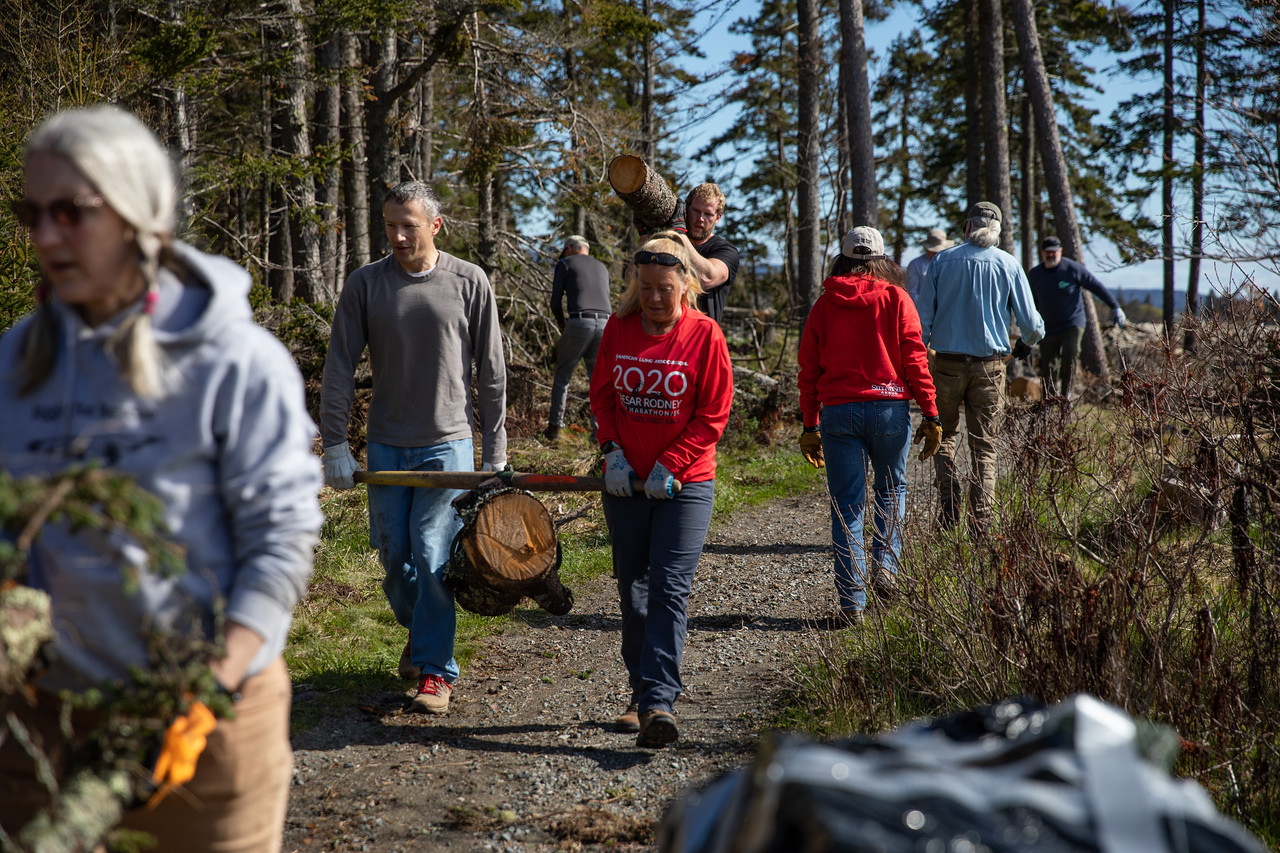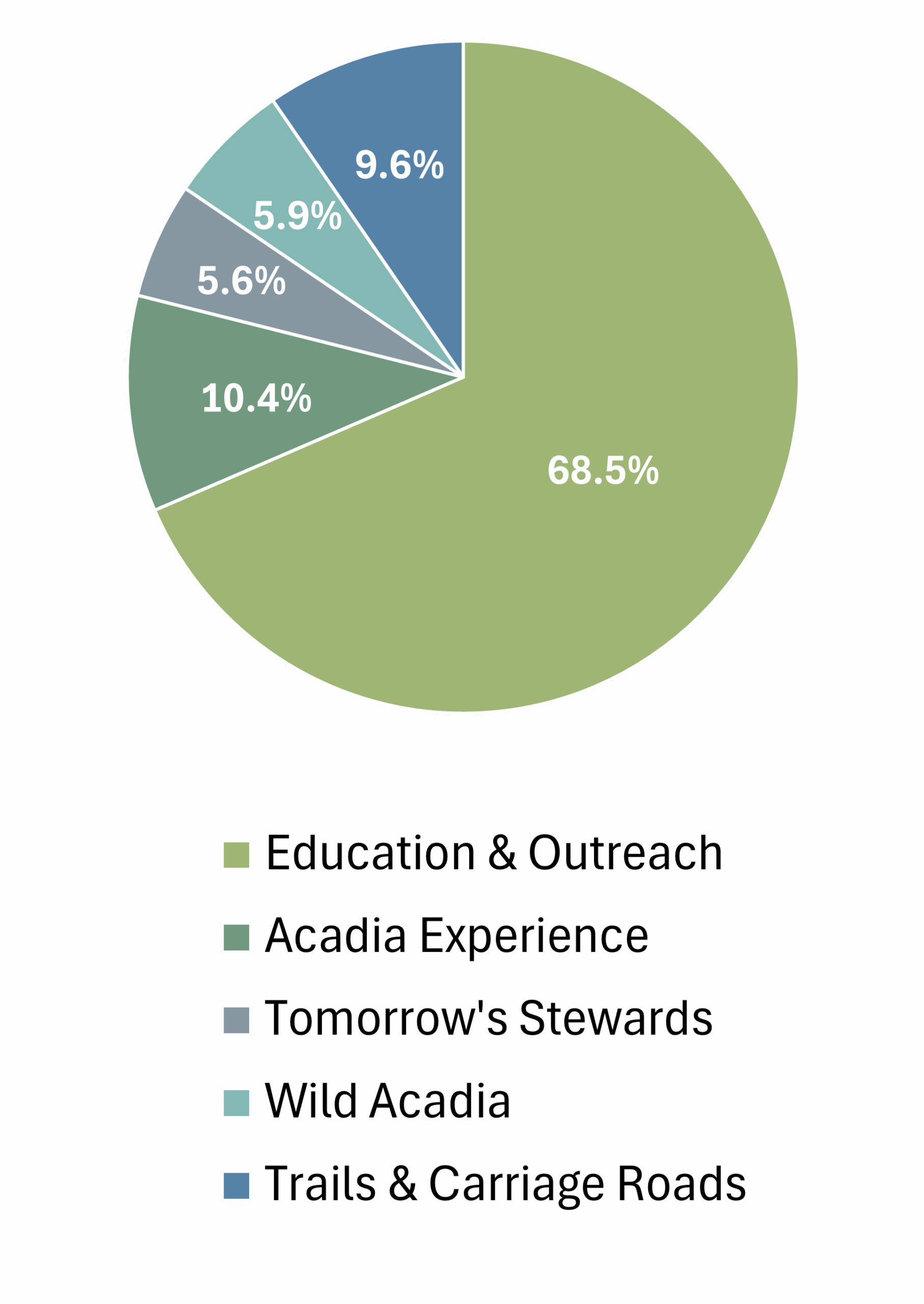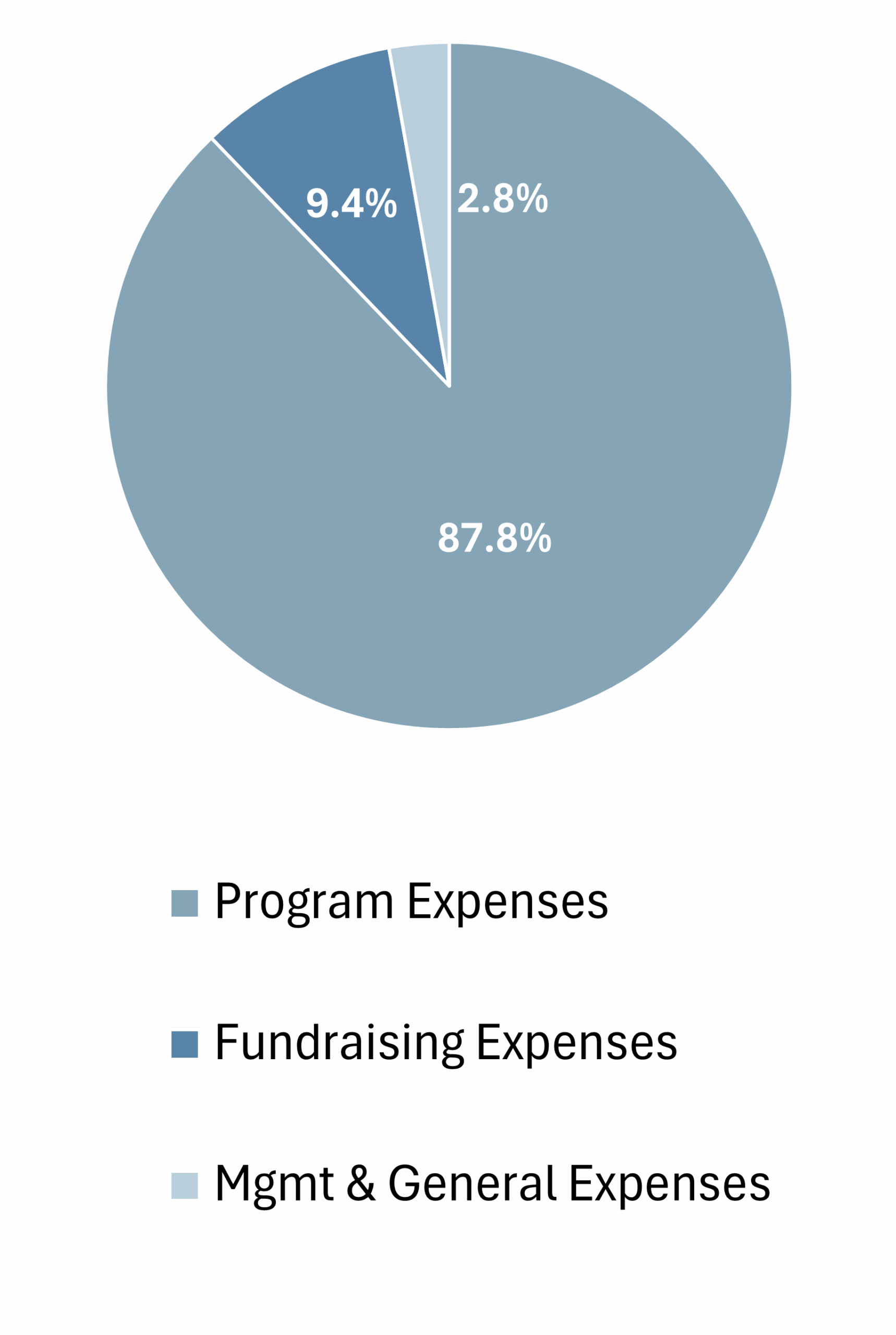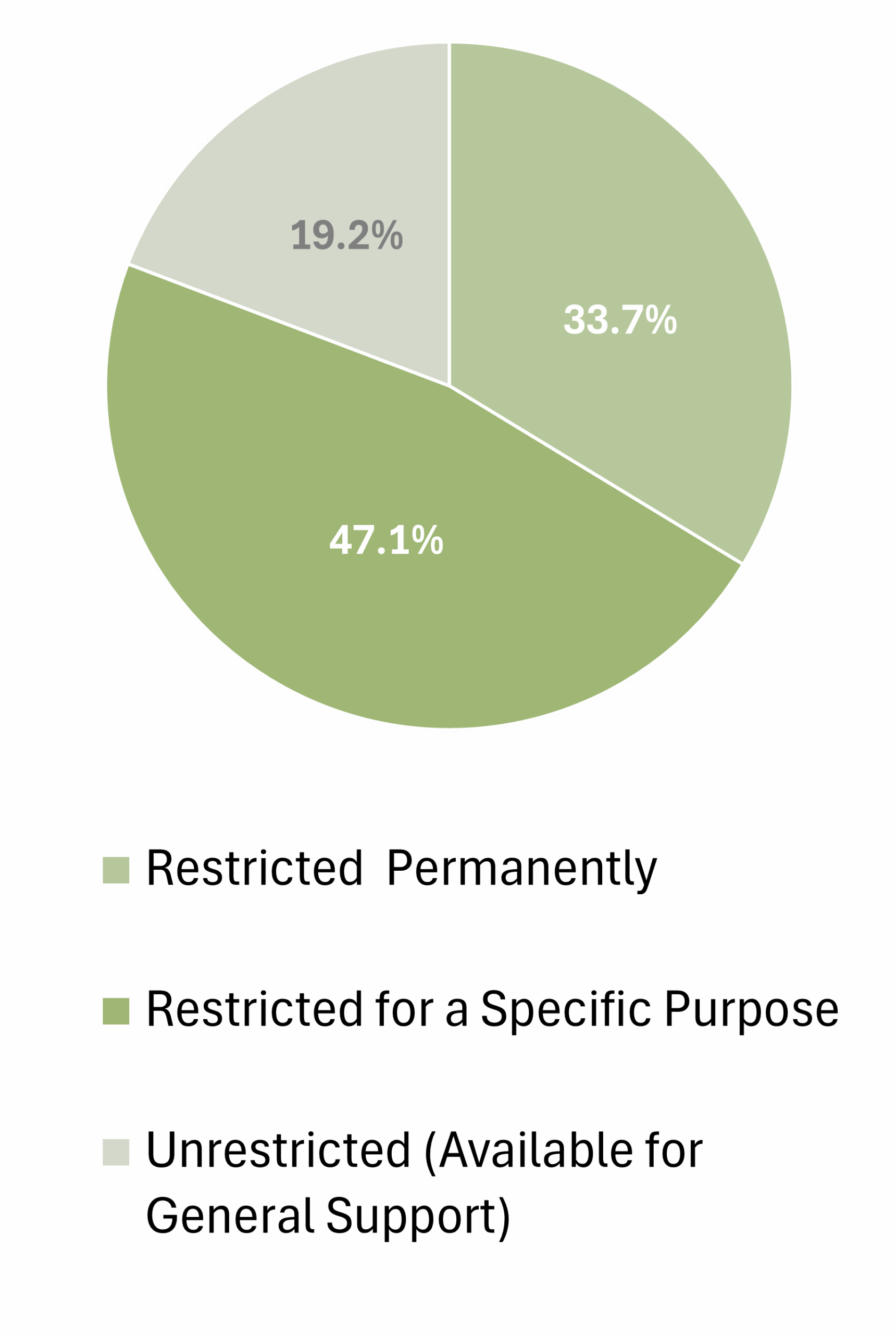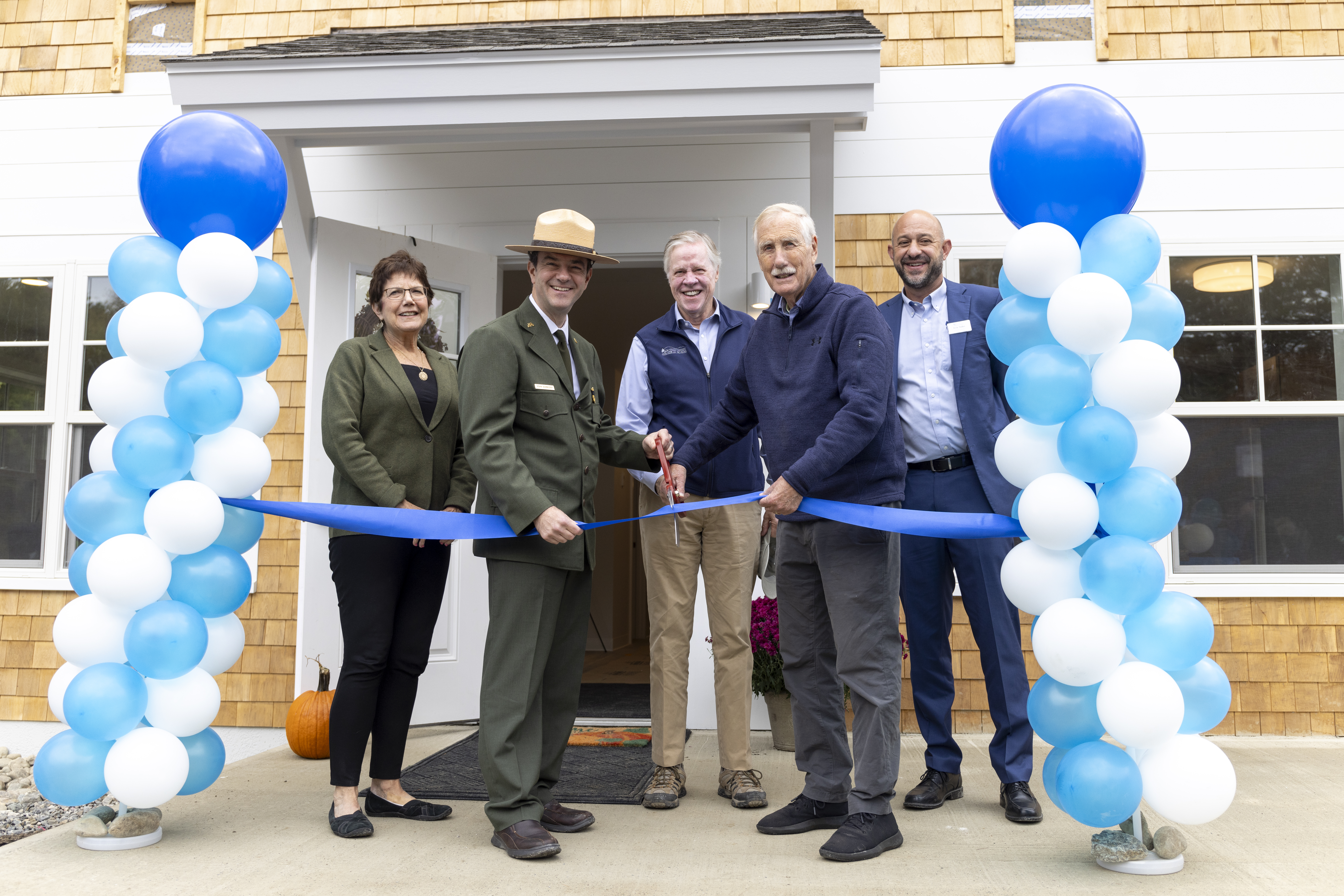
Thank you for Helping Us Raise the Roof
Reaching our ambitious $10 million fundraising goal to support seasonal employee housing was a significant achievement—one made possible by generous contributions led by the Cornelia Cogswell Rossi Foundation in early 2023 and completed this spring by Kate and Andrew Davis, who matched $1 million in donations.
These gifts and matching funds helped catalyze a groundswell of support from over 321 total donors, many of whom gave for the first time.
Thank you to each and every one of you who contributed to our Raise the Roof campaign! Your philanthropic investment unlocked an additional $21 million in federal matching funds and an additional $2 million from the National Park Foundation, helping Friends of Acadia and Acadia National Park secure a total of $33 million for housing. Your support will help Acadia recruit and retain skilled seasonal staff, making a lasting impact on every aspect of park operations for decades to come.


